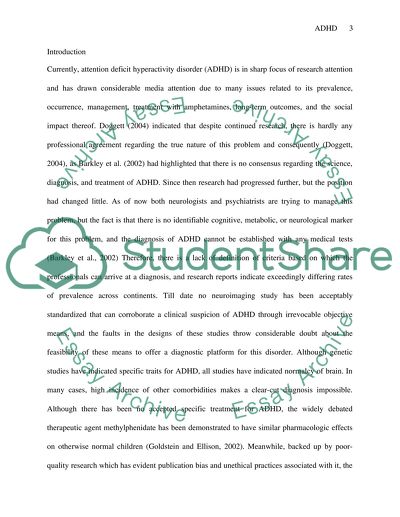Cite this document
(“Attention Deficit Hyperactivity Disorder Research Paper - 4”, n.d.)
Retrieved from https://studentshare.org/health-sciences-medicine/1529444-attention-deficit-hyperactivity-disorder-research-paper
Retrieved from https://studentshare.org/health-sciences-medicine/1529444-attention-deficit-hyperactivity-disorder-research-paper
(Attention Deficit Hyperactivity Disorder Research Paper - 4)
https://studentshare.org/health-sciences-medicine/1529444-attention-deficit-hyperactivity-disorder-research-paper.
https://studentshare.org/health-sciences-medicine/1529444-attention-deficit-hyperactivity-disorder-research-paper.
“Attention Deficit Hyperactivity Disorder Research Paper - 4”, n.d. https://studentshare.org/health-sciences-medicine/1529444-attention-deficit-hyperactivity-disorder-research-paper.


